“70% of all access to business systems will be done via mobile devices.” - Gartner
Mobile phones have become as essential to people as a purse or wallet. They now drive our retail purchases, guide our travel and capture images of important memories. Smartphone and tablet apps are now driving business activity as well.
According to Gartner, 70% of all access to business systems will be done via mobile devices.
As more employees use smartphones and tablets, companies must build apps that access corporate systems, enable business tasks, deliver information, or collect data. As a result, reducing time-consuming mobile app development processes is now a corporate priority.
While some companies use web apps to deliver information to mobile devices, web applications are not the same as mobile apps. They deliver information through a web browser, but cannot take advantage of the full mobile phone or tablet hardware capabilities.
Mobile app development is very different from traditional desktop application development. In addition to app security and integration, mobile device software solutions must also consider:

A range of smartphone and tablet screen sizes, plus the complexity of iOS and Android systems, only adds complexity to mobile app development.
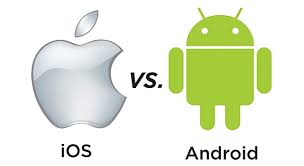
People tend to love their iPhones and Android phones, and have loyalty to their platform of choice. With more companies allowing a BYOB policy, developers must be sure to develop apps that serve each operating system, and all size devices. Unless companies are supplying the devices to users, it's not possible to choose one mobile operating system over the other. That said, Android development tends to be the most costly, according to data.
Read Why Android Development Typically Costs 30% More
Companies are saving money by using low-code software to develop multi-platform apps, also called cross-platform apps, that leverage a single codebase to deliver outstanding user experiences on both Google and Apple devices.
Cross-platform apps can run on any iOS or Android device like native mobile apps or hybrid apps. Cross-platform app development uses a single code base (usually using low-code software) to build apps. As a result, the time to create apps that run on multiple mobile platforms is dramatically reduced.
Less development time speeds time to market while saving companies significant development costs. Some low code vendors build cross-platform apps at least 10 times faster than traditional methods.
In addition, less experience is required to use low-code software to do multi-platform mobile app development. As a result, companies won't need to hire mobile developers or outsource mobile app development to build cross-platform apps. Some of these apps can even be built by employees who aren't developers.
There are many low-code and no-code tools for developing cross-platform mobile apps.
Cross-platform mobile application development offers:
Read How Cross-Platform Mobile App Development Allows More People to Build Modern Apps
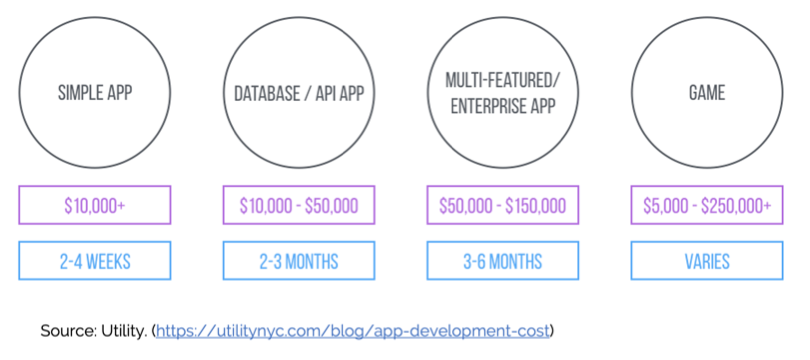
Utility, a project management company, estimates apps cost between $80k - $250k. Fortunately, some vendors offer software for free.
Utility estimates that the costs for building apps can range from $80K – $250K+:
Read: What Does It Cost to Develop a Mobile App and How to Estimate the Cost of Your App
In addition to actual hours spent on coding and development, some other factors that can affect the cost of development are:
Innovative software and streamlined development approaches have dramatically brought down the cost of apps for companies
Companies are building apps cost effectively by using low-code app development software to produce cross-platform apps.
Native app development takes significant time to build an app, because it requires coding. Free open source products are also available, but you will likely need a developer to write code. Alpha Software, Appian, Appypie, Mendix, and Outsystems are some of the vendors that offer these development tools that streamline coding and reduce the time required to build all types of apps.
Another way companies are lowering development costs is by enabling less specialized developers , or citizen developers, to build a wide range of apps.

Companies can lower the cost of mobile app development by using innovative software and allowing more employees to build mobile apps.
Many companies realize they don't have enough developers to build all the mobile apps they need. As a result, they're finding methods and tools that allow business users to become more involved in the development process.
Mobile application design and development once required experience in multiple programming languages to build apps for iOS or Android. However, in recent years, low-code software has emerged that allows developers without mobile development experience to craft enterprise mobile apps. No-code software tools, which typically employ drag-and-drop interfaces, allow citizen developers outside of IT to build basic apps to collect data and do simple business tasks.

An example of how one low-code solution takes the worry out of mobile app deployment.
One overlooked area of mobile app development happens after you build the apps: deployment. Apps can be self-hosted using an on-premise server or hosted by third-party ISPs and cloud services.
To make your app available on the Apple Store or Google Play Store, steps typically include:
The app stores can take days to review your app and publish it to the stores. Also, updating your app and resubmitting it to the stores requires another review.Some app development software companies offer solutions for deploying your mobile application development ideas. These solutions don't require you to go re-submit applications to the app stores for review to publish them.
Read Why More Companies are Taking App Deployment to the Cloud
Alpha Software Corporation offers some of the best mobile application software available on the market. We specialize in apps that record accurate data, perform dispatch for field teams, log inventory, guide repair technicians, and more. Below are examples of modern apps for mobile smartphones and tablets with excellent user experiences. These apps automatically record GPS, time, date, and weather information. They can collect data, record audio, capture and markup images, perform calculations, scan barcodes, kick off real-time workflows, and more.

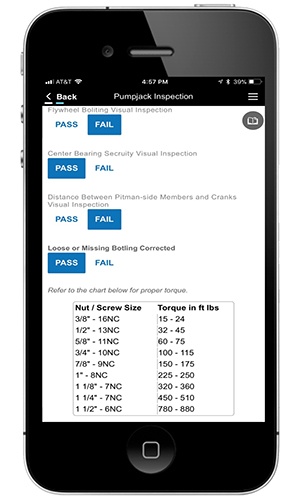
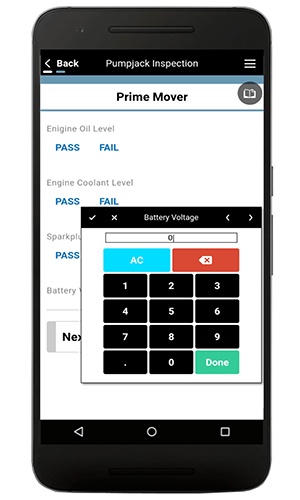
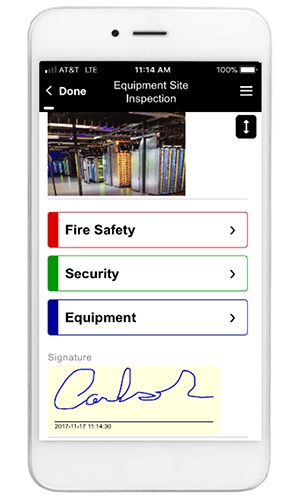
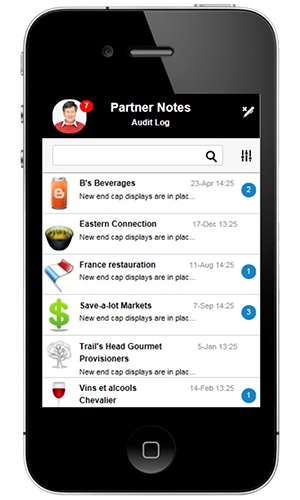
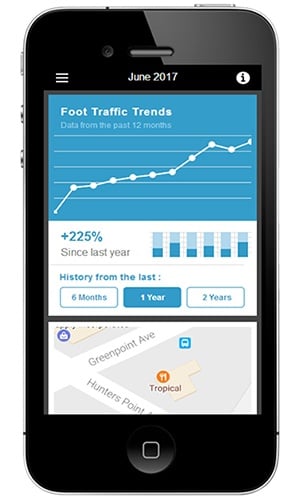
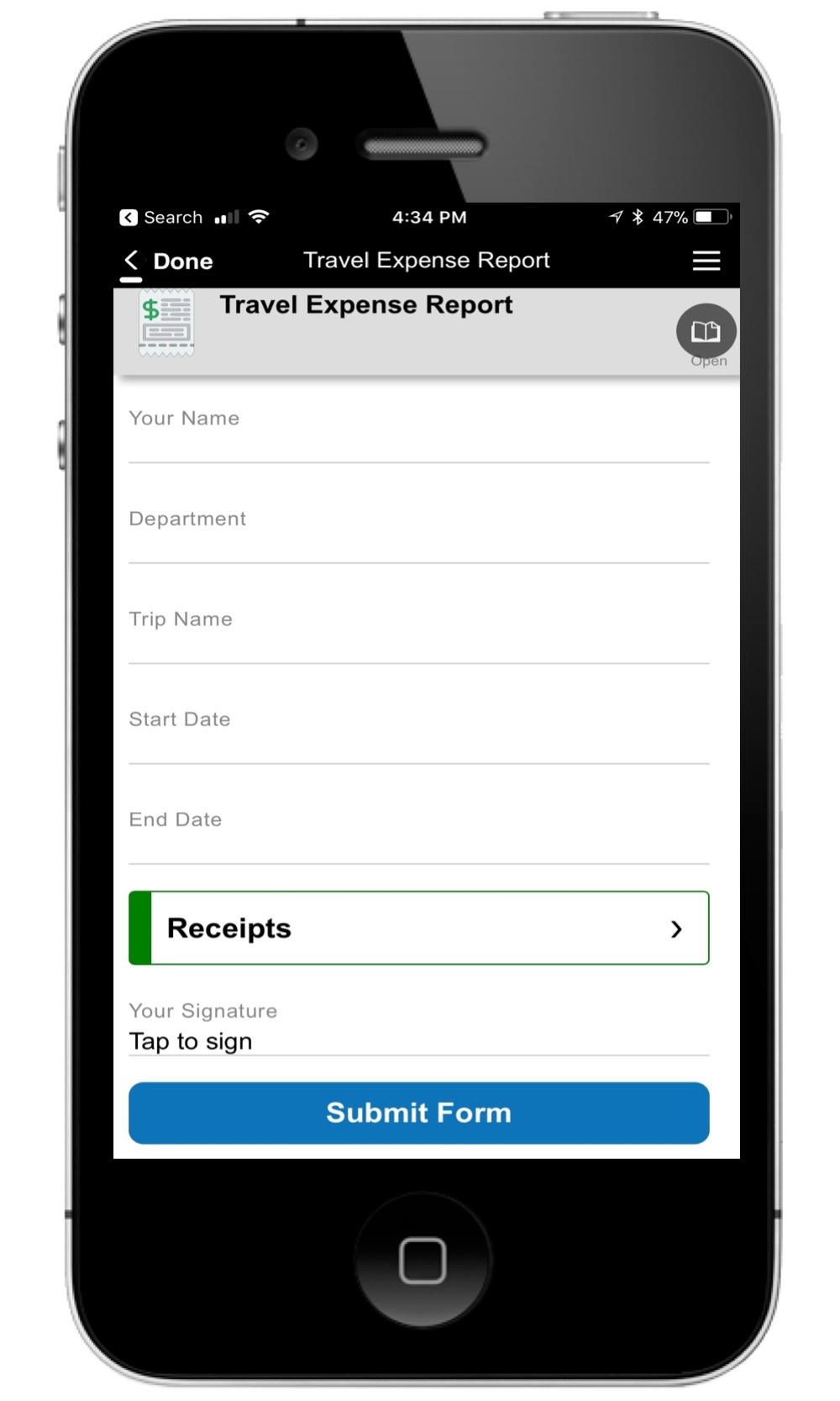
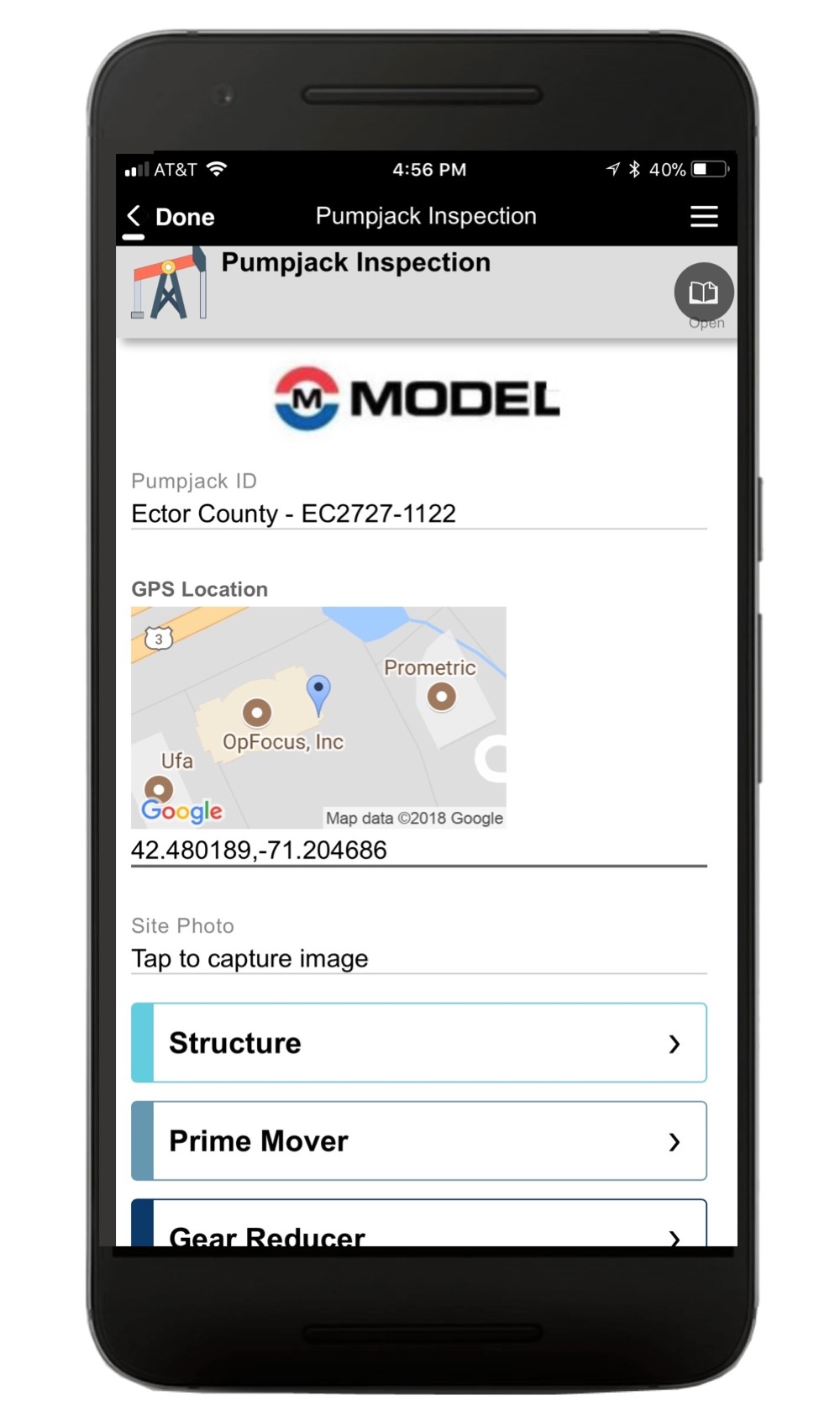
We're available to answer your questions about mobile app development.
Email sales@alphasoftware.com or Call 781-229-4500
The Alpha platform is the only unified mobile and web app development and deployment environment with distinct “no-code” and “low-code” components. Using the Alpha TransForm no-code product, business users and developers can take full advantage of all the capabilities of the smartphone to turn any form into a mobile app in minutes, and power users can add advanced app functionality with Alpha TransForm's built-in programming language. IT developers can use the Alpha Anywhere low-code environment to develop complex web or mobile business apps from scratch, integrate data with existing systems of record and workflows (including data collected via Alpha TransForm), and add additional security or authentication requirements to protect corporate data.
Alpha Software Corporation, based in Massachusetts, produces award-winning software that speeds mobile and web app development and deployment for business and IT. The core technology includes two components. Alpha Anywhere®, a full-stack low-code app development platform for building and deploying web and mobile apps. In just hours, Alpha TransForm® turns complex paper forms into powerful mobile forms that speed data collection.
Alpha Software is an InfoWorld Technology of the Year award winner, and scores near-perfect reviews from customers on crowdsourced review sites.
Customers rate Alpha Software highly for its speed of development, flexibility, offline apps, rich feature set and ability to scale predictably. For more information, visit https://www.alphasoftware.com/